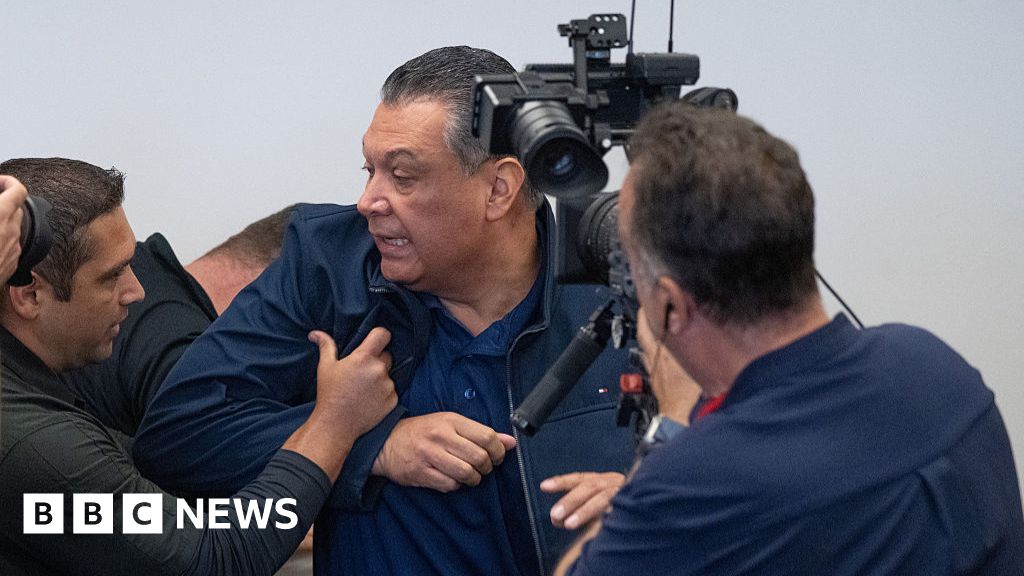Senator Alex Padilla Forcibly Removed from DHS News Conference
The removal of Senator Padilla from the news conference has sparked a heated debate about the limits of Congressional oversight and the Trump administration's handling of protests and immigration enforcement, with many calling for greater accountability and transparency in the administration's actions.

Senator Alex Padilla, a Democrat from California, was forcefully removed from a Department of Homeland Security news conference in Los Angeles, sparking outrage among Democrats and condemnation from both sides of the aisle. He was attempting to ask a question to DHS Secretary Kristi Noem about the US military deployment against protesters in Los Angeles when FBI agents surrounded him, pushed him out of the conference room, and handcuffed him.
The incident has drawn parallels to the Trump administration's handling of protests and immigration raids, with Governor Gavin Newsom accusing the administration of provoking tensions and promoting "authoritarianism". Senator Chuck Schumer called the incident "sickening" and Representative Maxwell Frost demanded accountability, while the Trump administration defended the actions, accusing Padilla of engaging in "disrespectful political theatre".
Padilla's office stated that he was exercising his duty to perform Congressional oversight and was not detained. The Department of Homeland Security claimed Padilla had engaged in "disrespectful political theatre" and that Noem had met with him after the news briefing. The incident has been widely criticized, with LA Mayor Karen Bass calling it "absolutely abhorrent and outrageous" and former Vice-President Kamala Harris labeling it a "shameful and stunning abuse of power".
The incident has raised concerns about the Trump administration's approach to handling protests and immigration enforcement, with many calling for greater accountability and transparency. As the situation continues to unfold, it remains to be seen how the administration will respond to the backlash and what implications this incident will have for the future of Congressional oversight.